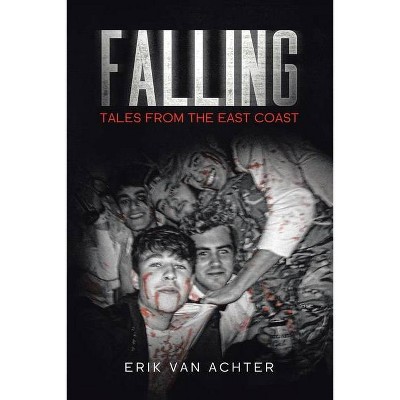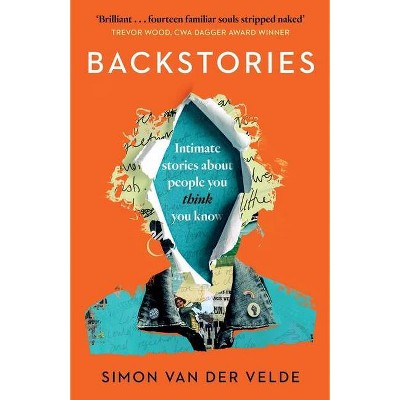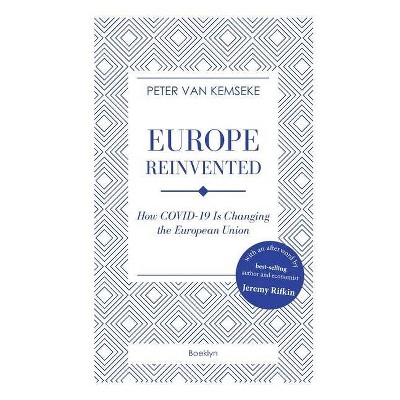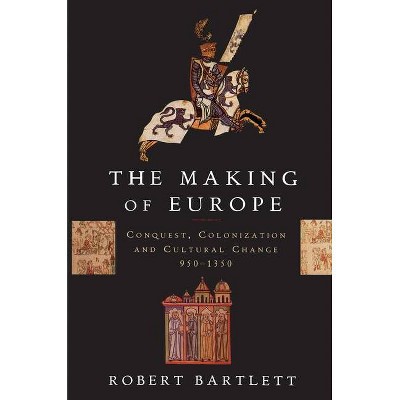Europe's Infrastructure Transition - (Making Europe) by Per Högselius & Arne Kaijser & Erik Van Der Vleuten (Paperback)
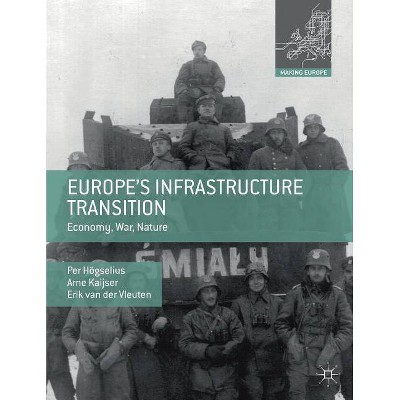
Similar Products
Products of same category from the store
AllProduct info
<p/><br></br><p><b> Book Synopsis </b></p></br></br>1. Manipulating Space and Time. - 2. Fueling Europe. - 3. Networked Food Economy. - 4. Factory and Finance. - 5. Logistics of War. - 6. Linking Land. - 7. Troubled Waters. - 8. Common Skies<p/><br></br><p><b> From the Back Cover </b></p></br></br><p>Europe's critical infrastructure is a key concern to policymakers, NGOs, companies, and citizens today. A 2006 power line failure in northern Germany closed lights in Portugal in a matter of seconds. Several Russian-Ukrainian gas crises shocked politicians, entrepreneurs, and citizens thousands of kilometers away in Germany, France, and Italy. This book argues that present-day infrastructure vulnerabilities resulted from choices of infrastructure builders in the past. It inquires which, and whose, vulnerabilities they perceived, negotiated, prioritized, and inscribed in Europe's critical infrastructure. It does not take 'Europe' for granted, but actively investigates which countries and peoples were historically connected in joint interdependency, and why. In short, this collection unravels the simultaneous historical shaping of infrastructure, common vulnerabilities, and Europe.</p><p/><br></br><p><b> Review Quotes </b></p></br></br><br><p>"In Europe's Infrastructure Transition, Högselius, Kaijser, and van der Vleuten have done an impressive job tracing the symbiotic relations between transportation and communication systems, between system-building and border-building, and between technocracy and nature. The writing is highly readable and the arguments compelling. ... This book will therefore likely appeal to academic and non-academic readers alike, and is quite suitable for collegiate classroom use. ... this is a thoughtful, engaging, and important book." (Nicholas Ostrum, CritCom, councilforeuropeanstudies.org, June, 2016)</p><br><p/><br></br><p><b> About the Author </b></p></br></br><p>Per Högselius is Associate Professor at the Division of History of Science, Technology and Environment at KTH Royal Institute of Technology, Stockholm, Sweden. His research has focused on international aspects and in particular East-West relations in the history of science, technology, and environment. Most recently he published <i>Red Gas: Russia and the Origins of European Energy Dependence</i> (2013). <p/> Arne Kaijser is Professor of History of Technology at KTH Royal Institute of Technology, Stockholm, Sweden. His main research interests concern infrastructure, institutions, and environment in historical perspective. Together with Erik van der Vleuten he edited <i>Networking Europe: Transnational Infrastructures and the shaping of Europe, 1850-2000 </i>(2006). <p/> Erik van der Vleuten is Professor of History of Technology at Eindhoven University of Technology, the Netherlands, and scientific director of the Foundation for the History of Technology (SHT). In 2013-2015 he chaired the Pan-European research network <i>Tensions of Europe: Technology and the Making of Europe</i>. With Högselius and Kaijser he authored <i>Europe's Infrastructure Transition: Economy, War, Nature</i> (2015).</p>
Price History
Cheapest price in the interval: 29.99 on November 8, 2021
Most expensive price in the interval: 29.99 on December 20, 2021
Price Archive shows prices from various stores, lets you see history and find the cheapest. There is no actual sale on the website. For all support, inquiry and suggestion messagescommunication@pricearchive.us
